Meet Six Trailblazing Women Who Are Fighting Against Wrongful Conviction
Behind the powerful work of the Innocence Project are incredible women who work relentlessly to restore justice for wrongly convicted people.
Women's History Month 03.25.24 By Alyxaundria Sanford
From our executive director Christina Swarns, who has argued and won before the Supreme Court in Duane vs. Buck, to our first-ever staff attorney Vanessa Potkin, who has helped exonerate and free dozens of people, the Innocence Project is full of strong women leaders advocating for wrongfully convicted people and advancing the innocence movement. This Women’s History Month, we’re spotlighting remarkable women who are making a difference every day in transforming the systems responsible for wrongful conviction.
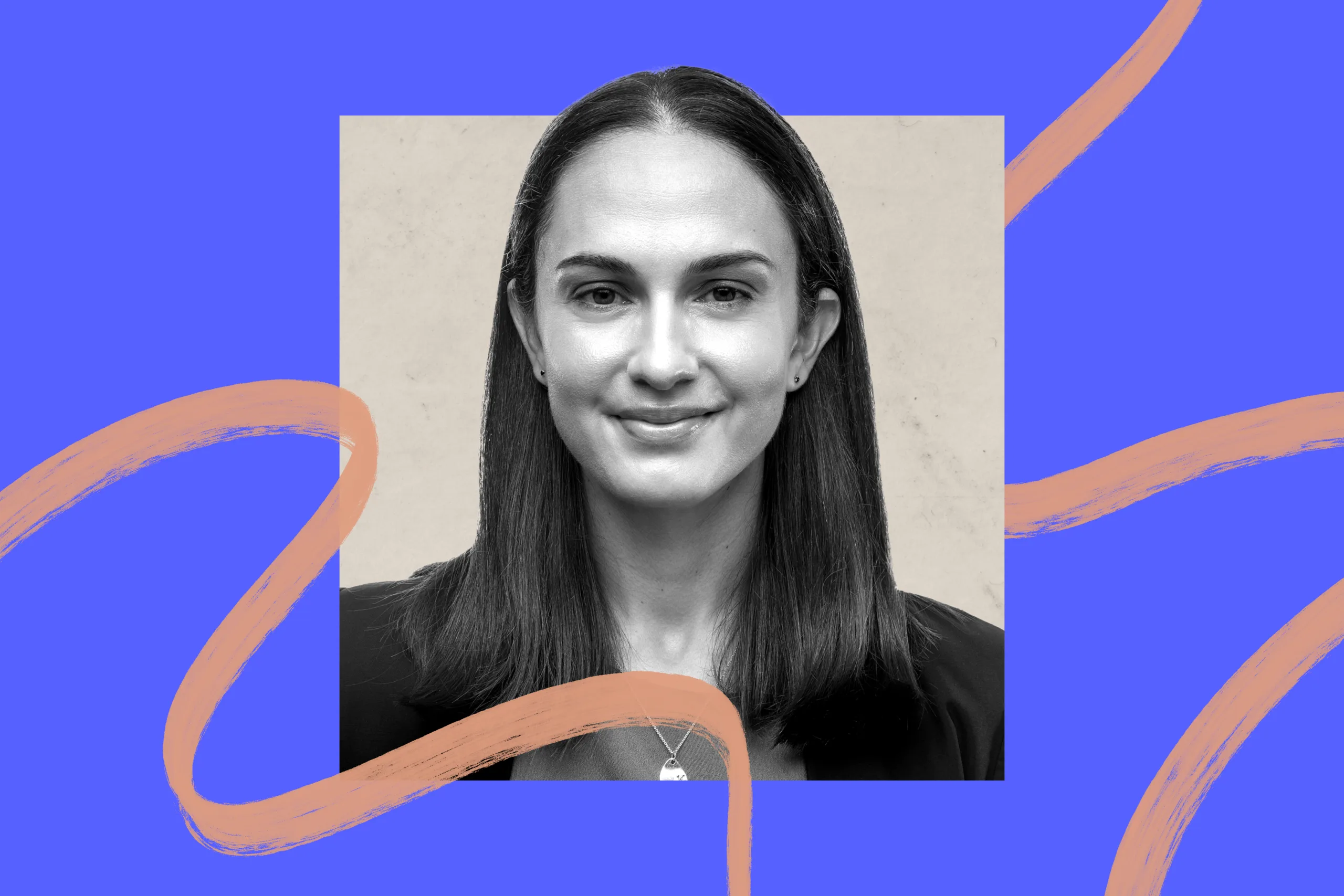
Senior Staff Attorney Jane Pucher (Image: Innocence Project)
Litigating For Justice
Jane Pucher is a senior staff attorney and has been an integral part of the Innocence Project for the last seven years. For her and many people in the organization, working at the Innocence Project is not just a job: It’s an honor and a privilege. Ms. Pucher is particularly proud of her role in supporting the exoneration or release of female clients, like Kristin Blaise Lobato and Belynda Goff, and highlighting the impact of sexism and misogyny in their wrongful convictions. About 73% of women exonerated in the last three decades were wrongfully convicted of crimes that never took place at all, according to data from the National Registry of Exonerations.
“Many women who have been exonerated were convicted in large part because their behavior at the time of a tragic, shocking event in their life — the death of a child or a partner — did not align with how police or prosecutors thought a woman should act when confronting such a loss,” said Ms. Pucher.
“It is shocking to read case files and discover how these tropes distract law enforcement from fully investigating what actually happened, and how often juries are compelled to convict because a woman did not act within the narrow confines of socially acceptable behavior.”
Her hope for future generations of women advocates, including lawyers, students, paralegals and legal fellows, is simple yet powerful: continue supporting each other in this challenging but rewarding work.
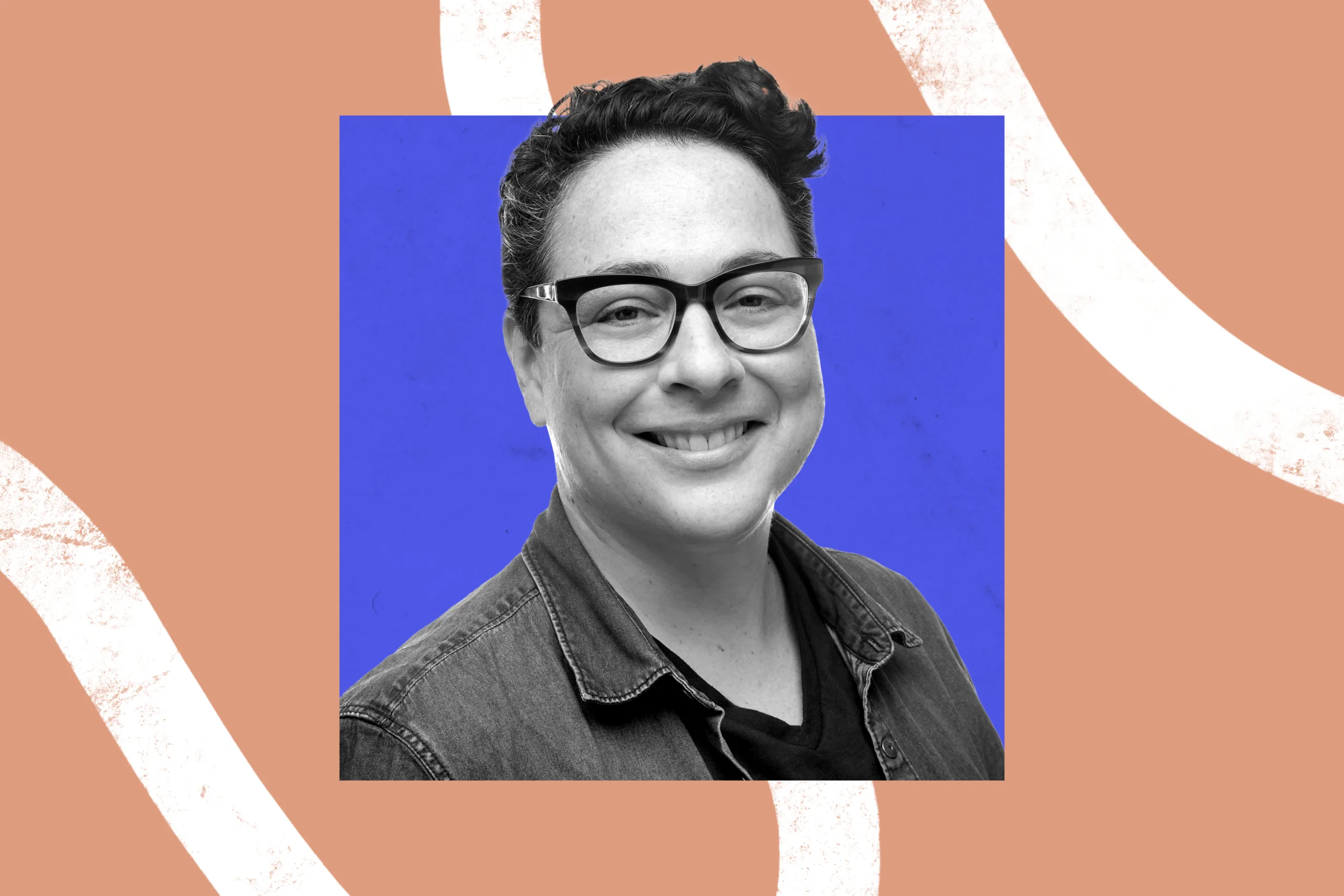
Director of Social Work Suzy Salamy (Image: Innocence Project)
Social Justice Champion
For Suzy Salamy, our director of social work, working at the Innocence Project is an opportunity to bring her skills and expertise to fight for social and racial justice. Over her nearly six years at the Innocence Project, Ms. Salamy and her team have played a crucial role in supporting clients upon exoneration, guiding them through the process of re-entering society and helping them heal from decades of trauma through supportive counseling.
Their support includes everything from securing housing, employment, and medical treatment to locating birth certificates and supporting family members dealing with secondary trauma.
As a queer woman of Palestinian descent, Ms. Salamy has a deep understanding of how to navigate the intersectionality of her clients’ experiences. She is able to offer them the support they need to transition into communities where they may feel ostracized because of the stigma of having been imprisoned.
“I think the embodiment of my womanhood looks very different than what is expected in society and at times our clients also connect to the feelings of being an outsider,” said Ms. Salamy.
Her hope for future generations of women is that they recognize the interconnectedness of all systems of oppression and work together to uplift one another.
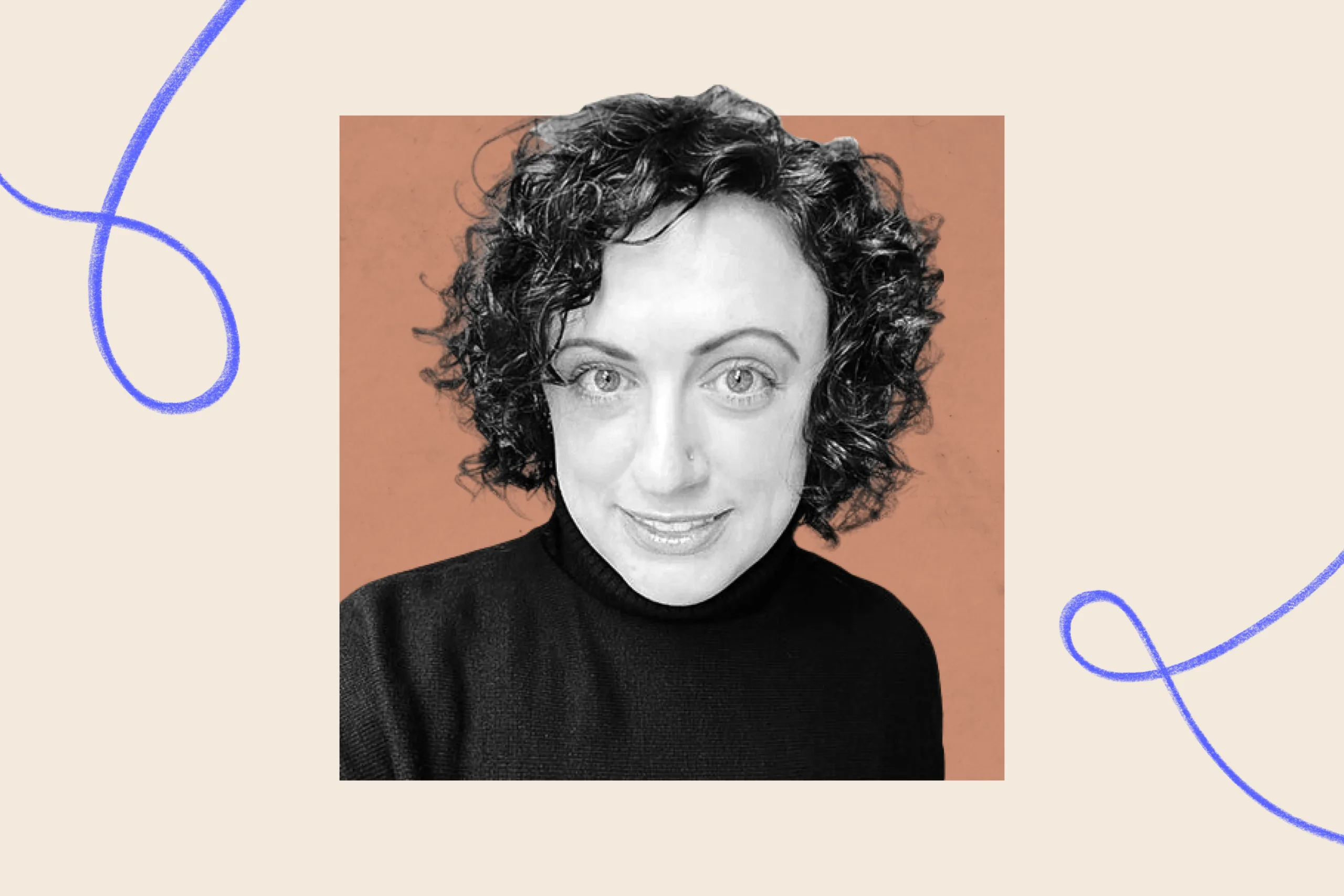
Director of Data Science and Research Dr. Jaime S. Henderson (Image: Innocence Project)
Advocate for Data Integrity
With more than a decade worth of experience leading data-driven efforts to decrease the local jail population and reduce racial and ethnic disparities in the criminal legal system, Dr. Jaime S. Henderson brings a wealth of integrity and dedication to her work at the Innocence Project. In her one-and-a-half years as the director of data science and research, she has leveraged her skills and data knowledge to help quantify the phenomenon of wrongful conviction and advance real change.
Dr. Henderson leads the team in providing departments across the organization, including the policy, strategic litigation, and communications teams, with the latest research on wrongful convictions, while keeping meticulous records to ensure accurate narratives. She takes pride in how the Innocence Project approaches data collection and analysis and how the organization centers clients’ voices in its decisions.
“There is nothing I would rather be doing than using my skill set to eradicate these egregious injustices,” she said.
Dr. Henderson’s team also hosts “Just Data: Advancing the Innocence Movement,” an annual conference that fosters cross-disciplinary collaboration and aims to elevate the profile of data science and research in the innocence movement.
She understands the importance of making space for everyone and valuing their contributions. Dr. Henderson’s hope for future generations of women is that they make their own rules and choices, forging paths that center happiness and well-being.
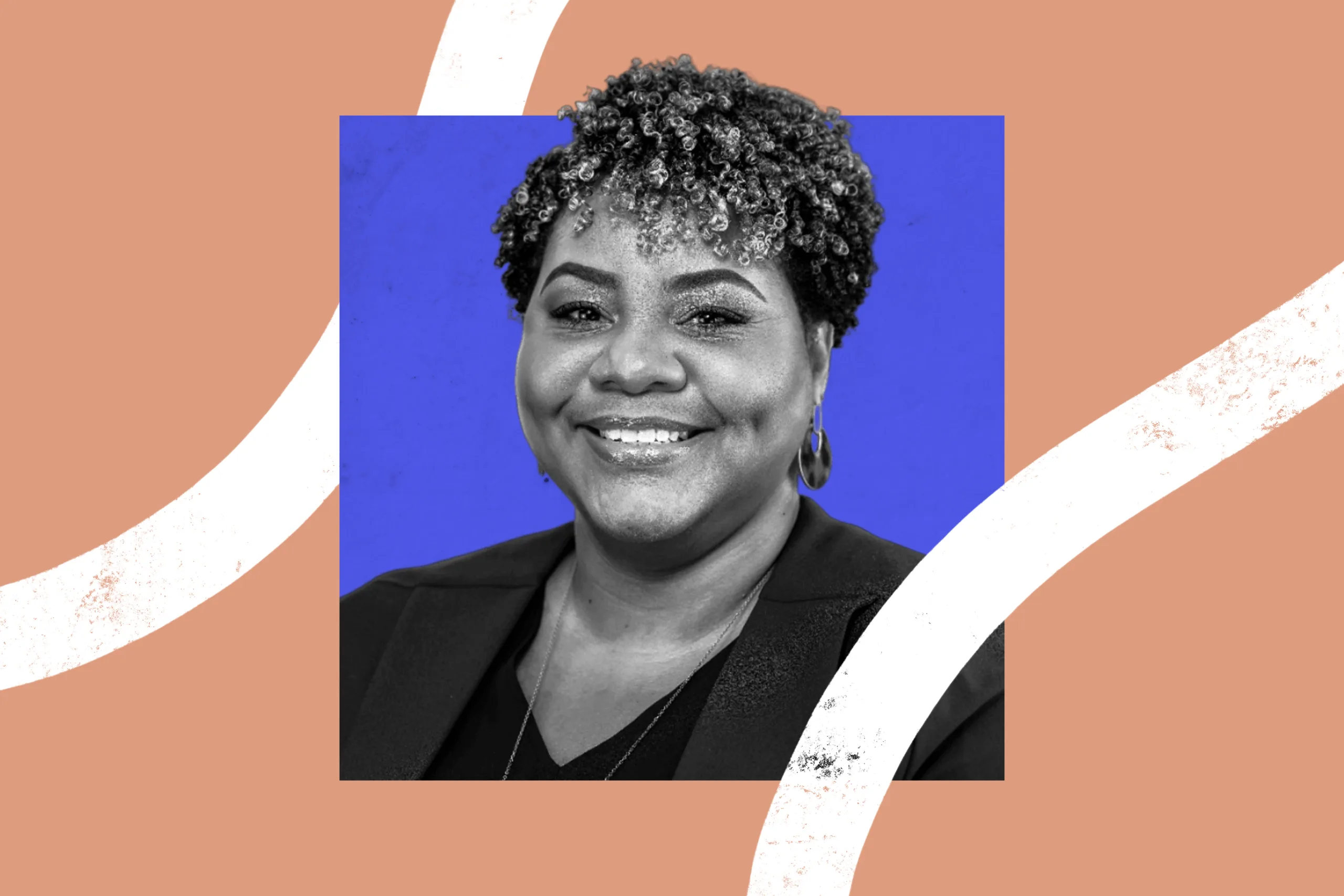
Chief Development Officer Jessica Rawlins Smith (Image: Innocence Project)
Trailblazer in Philanthropy
Jessica Rawlins Smith brings her passion for justice and equity to her role as Innocence Project’s chief development officer. In nearly one year with the organization, she and her team have launched several new initiatives to increase engagement in our fundraising efforts, including Champions of Innocence, a unique program that fosters community, expands understanding of the causes and ramifications of wrongful conviction, and shows the powerful impact of philanthropic investments on the IP’s work. The team is centring the voices of clients like Huwe Burton in their efforts to deepen donors’ commitment to the organization’s work.
Ms. Smith has been proud of her team’s growth and diversity, setting a high standard for inclusivity in the development field. As a Black woman in a leadership position, she aims to embody courageous leadership and push fundraising and philanthropy towards greater equity.
“Since I started at the Innocence Project, we have nearly doubled the size of our department and established a team that is diverse in experience, perspective, and culture,” said Ms. Smith. “While many nonprofits are increasingly cultivating their workforce to reflect the diverse communities they serve, the development field has lagged behind considerably. It is hugely important to me that this team sets a high standard in this regard.”
Her hope for future generations of women is that they create opportunities for one another and lead with kindness and empathy.
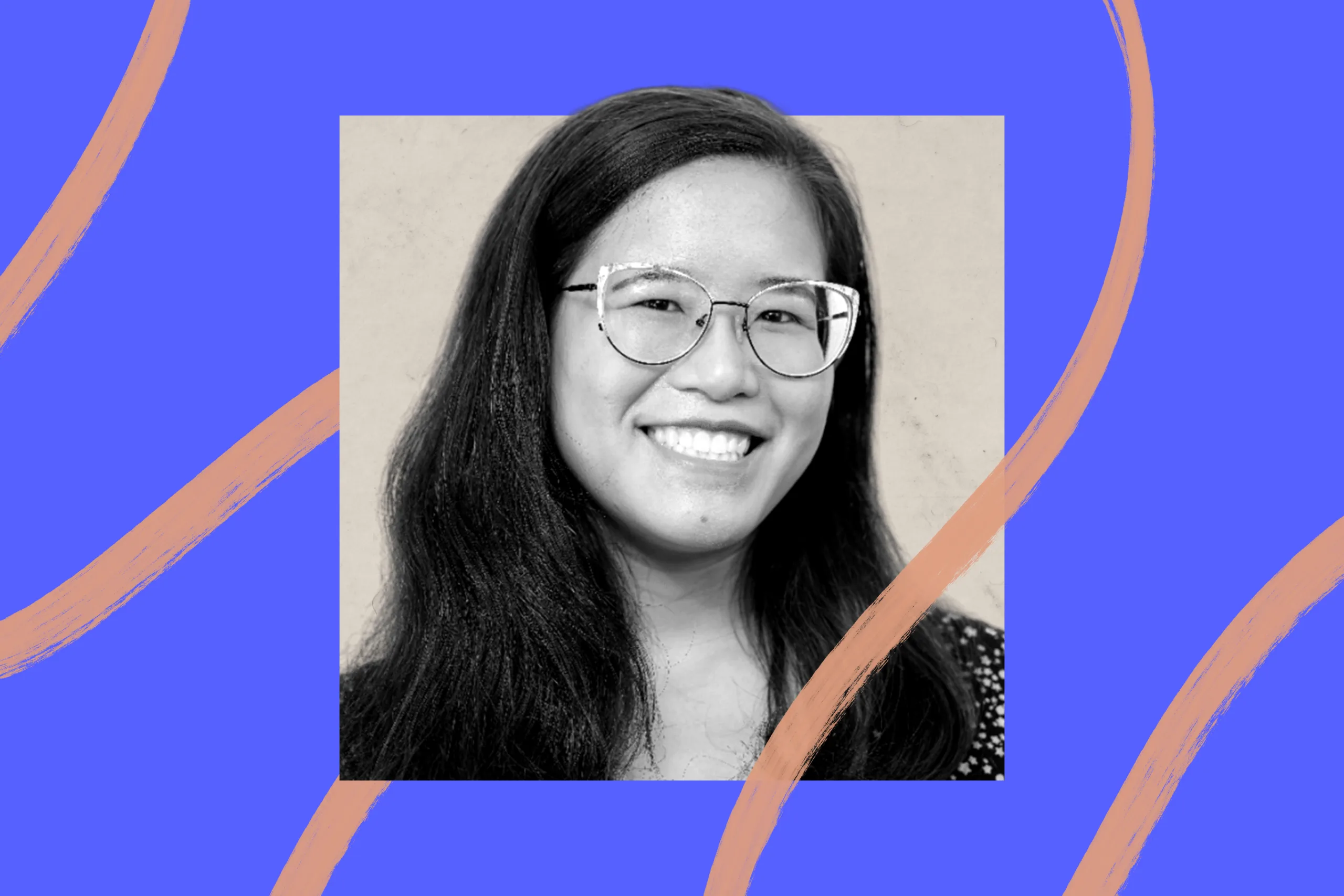
Innocence Network Coordinator Shirley Wu (Image: Innocence Project)
Growing the Movement
Shirley Wu views her work at the Innocence Project as an entry point into the world of criminal legal reform.
“By sharing the stories of our clients, we shine a light on the myriad of ways people are failed by the current system and open the conversation on what can be done not only to dismantle what is broken but also to explore decarceral solutions and restore justice to our communities,” said Ms. Wu.
Over her two years as the Innocence Network coordinator, Ms. Wu has been honored to play a part in sustaining and growing the innocence movement of 71 organizations worldwide. Her work includes advising burgeoning innocence organizations, supporting members of the Innocence Network, and managing the collective work of the network’s executive board and committees. Her favorite aspects of the job are building relationships with members of the network and helping members connect and learn from one another.
Her hope for future generations of women is that they navigate the world freed from the restraints of gender essentialism, a belief that denies the spectrum of gender identities, and commit to upholding intersectionality and bodily autonomy.
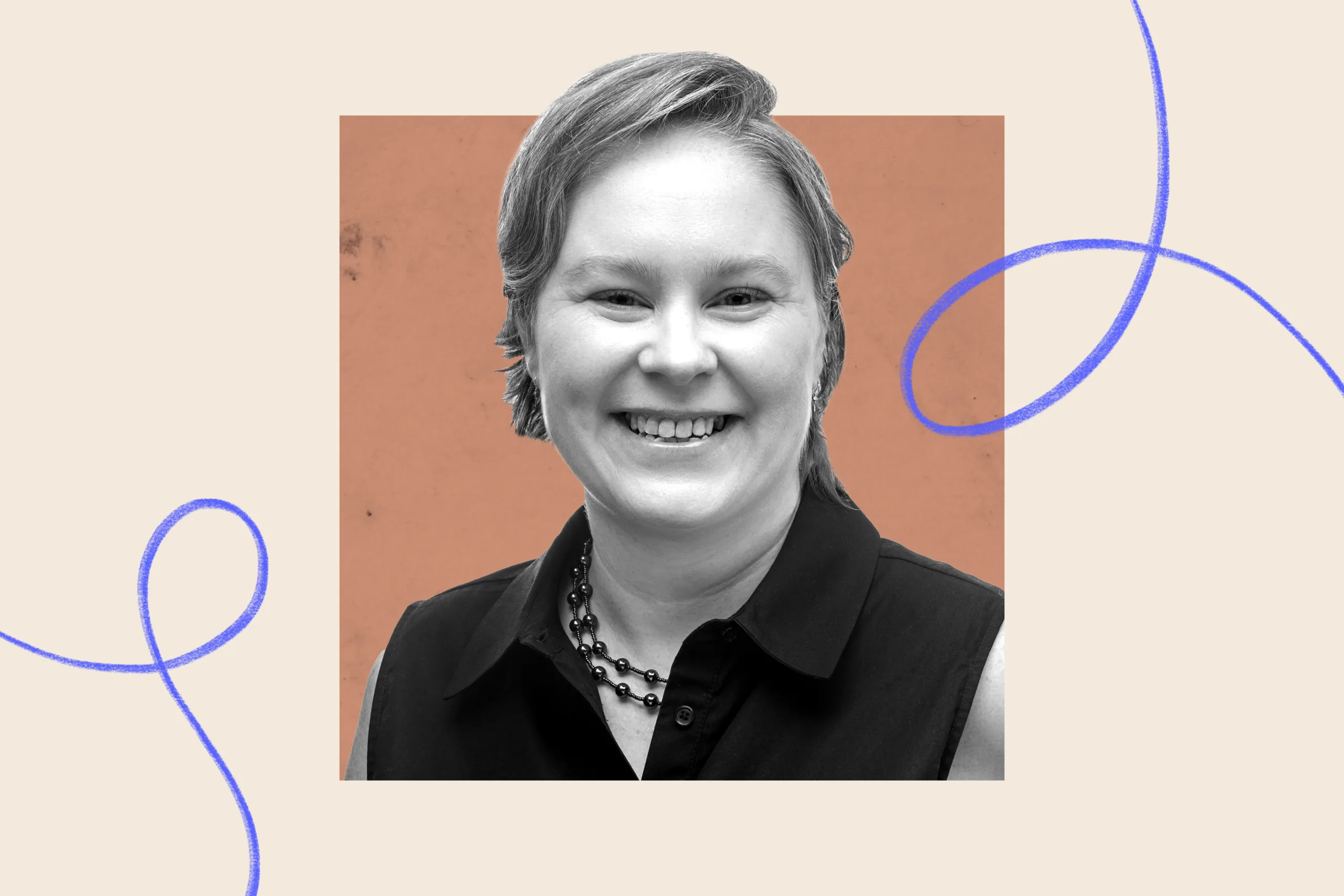
State Policy Advocate Amanda Wallwin (Image: Innocence Project)
Elevating Voices, Shaping Policy
Amanda Wallwin has been a dedicated member of the Innocence Project for a year and a half in her role as a state policy advocate.
Ms. Wallwin has made significant strides in policy reform, with wrongful conviction-related bills currently progressing in Michigan, New York, and Connecticut. However, it’s her work in Tennessee that truly stands out. By advocating for changes in the state’s post-conviction framework to open up a new pathway for people with evidence of innocence to get back into court. and fostering a better understanding of wrongful convictions, she and her team are reshaping state lawmakers’ perspectives and transforming the way justice is administered in the state.
As a woman in politics and policy, Ms. Wallwin has faced her share of challenges, from harassment to sexism. However, she draws strength from the solidarity she shares with other women in her field. Together, they’ve pushed for change, demanding accountability and reform in the face of adversity.
“Outdated, exclusionary attitudes thrive in the darkness, and coming together with my female colleagues to shed light on our experiences taught me that there really is nothing more powerful than people telling their own stories of injustice,” said Ms. Wallwin.
Looking to the future, Ms. Wallwin hopes for a world where women lead intersectional movements for liberation and equality.
As we celebrate Women’s History Month, join us in honoring the women of the Innocence Project and their efforts to bring about justice and change in our society. Their inspiring stories remind us of the importance of perseverance, integrity, and solidarity in the fight for equality and justice for all.
Leave a Reply
Thank you for visiting us. You can learn more about how we consider cases here. Please avoid sharing any personal information in the comments below and join us in making this a hate-speech free and safe space for everyone.
April 15, 2024 at 5:37 am
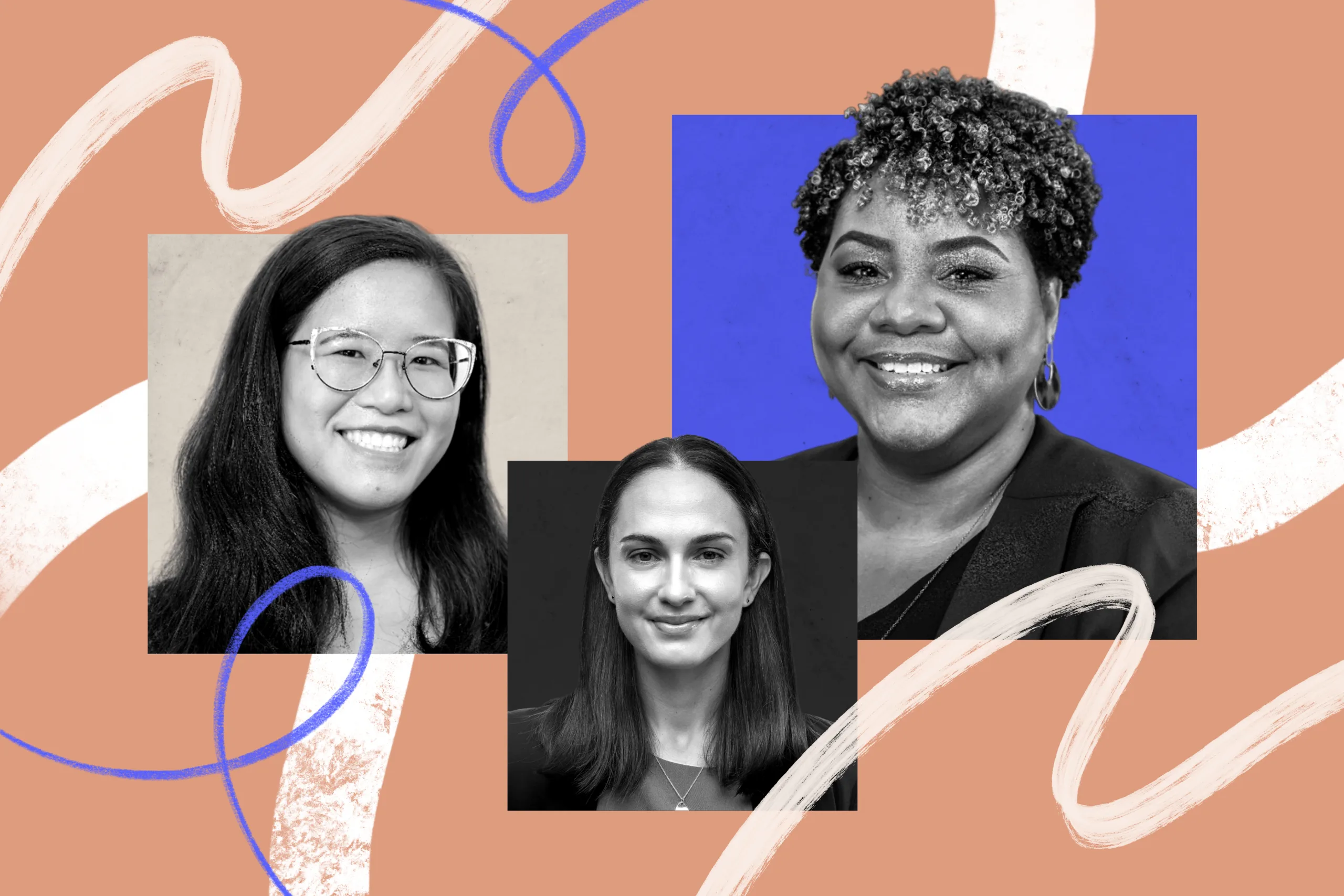
![Kristine Bunch was wrongfully convicted in 1996 and spent 17 years in prison before being exonerated with the help of the Center on Wrongful Convictions in 2012. [Photo: Narayan Mahon]](https://innocenceproject.org/wp-content/uploads/2023/02/Bunch-Exonerations-NMahon23-1-scaled.jpg)
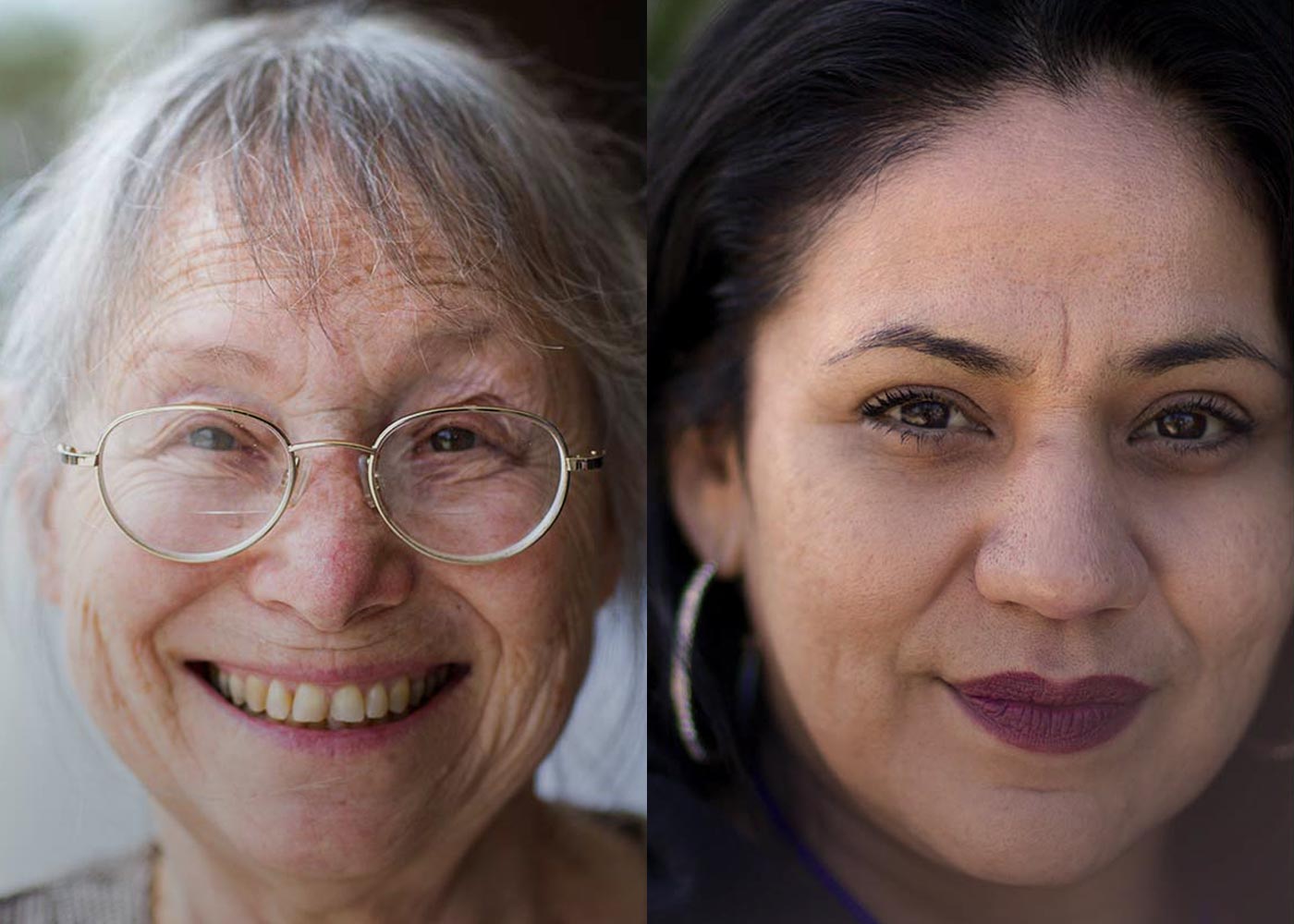
What an amazing team! I wish you great strength in the important work you are doing
Warm regards
Mark Povall (Durban – South Africa)